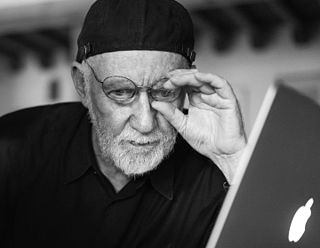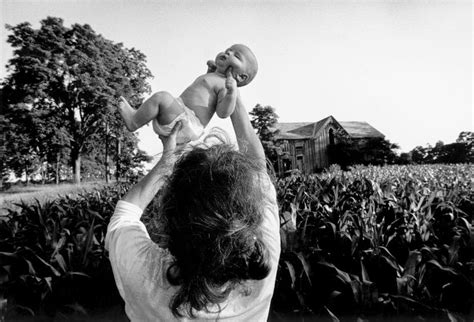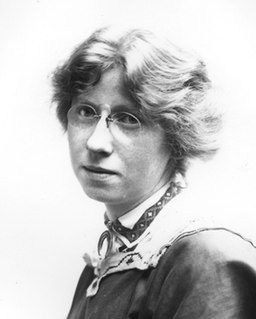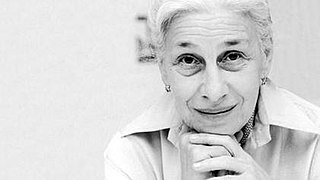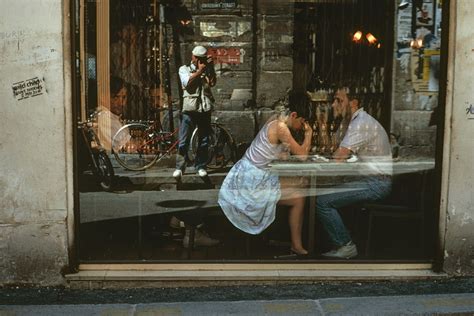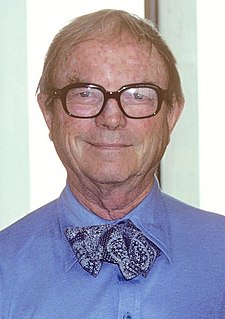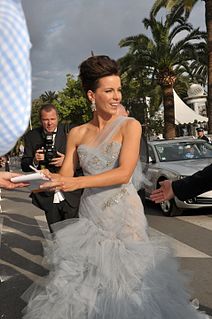A Quote by Albert Watson
It doesn't matter if you're photographing a porter in a market in Marrakech or you're photographing the king of Morroco. You have the same sympathetic approach to everybody. You be nice to everybody, basically.
Related Quotes
It doesn’t matter if you use a box camera or a Leica, the important thing is what motivates you when you are photographing. What I have tried to do is involve the people I was photographing. To have them realize without saying so, that it was up to them to give me whatever they wanted to give me . . . if they were willing to give, I was willing to photograph.
I hate having my photograph taken and I try to keep that in mind when I'm photographing other people. But the best photos that I've taken are the ones when people have forgotten that I'm there. If I'm in a recording studio with a musician, for example, maybe I'm not photographing them in the middle of a take but I can just get that stolen moment of them resting and they glance over to me.
Everything on Saturday morning [cartoons] moves alike that's one of the reasons it's not animation. The drawings are different, but everybody acts the same way, their feet move the same way, and everybody runs the same way. It doesn't matter whether it's an alligator or a man or a baby or anything, they all move the same.
